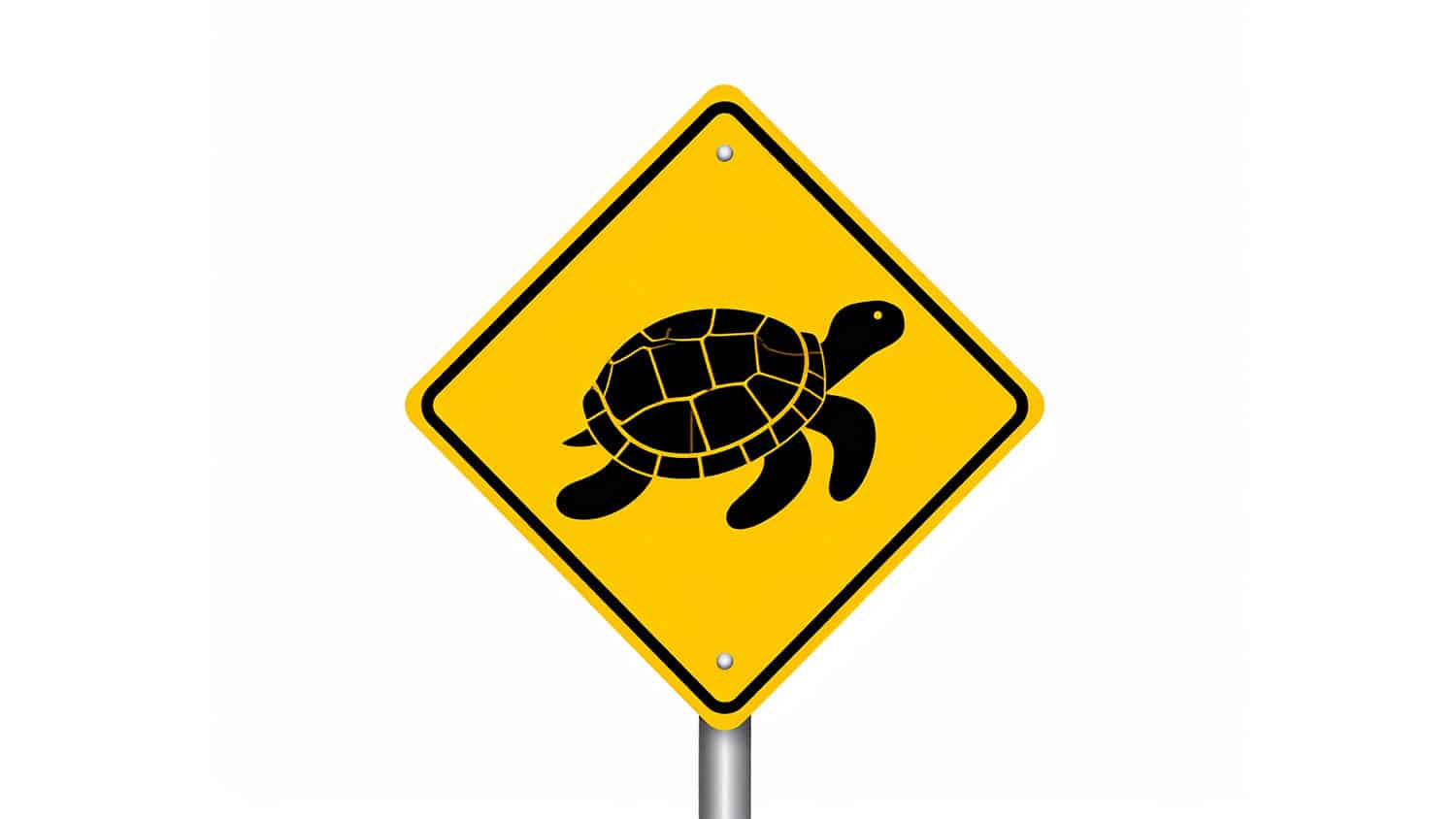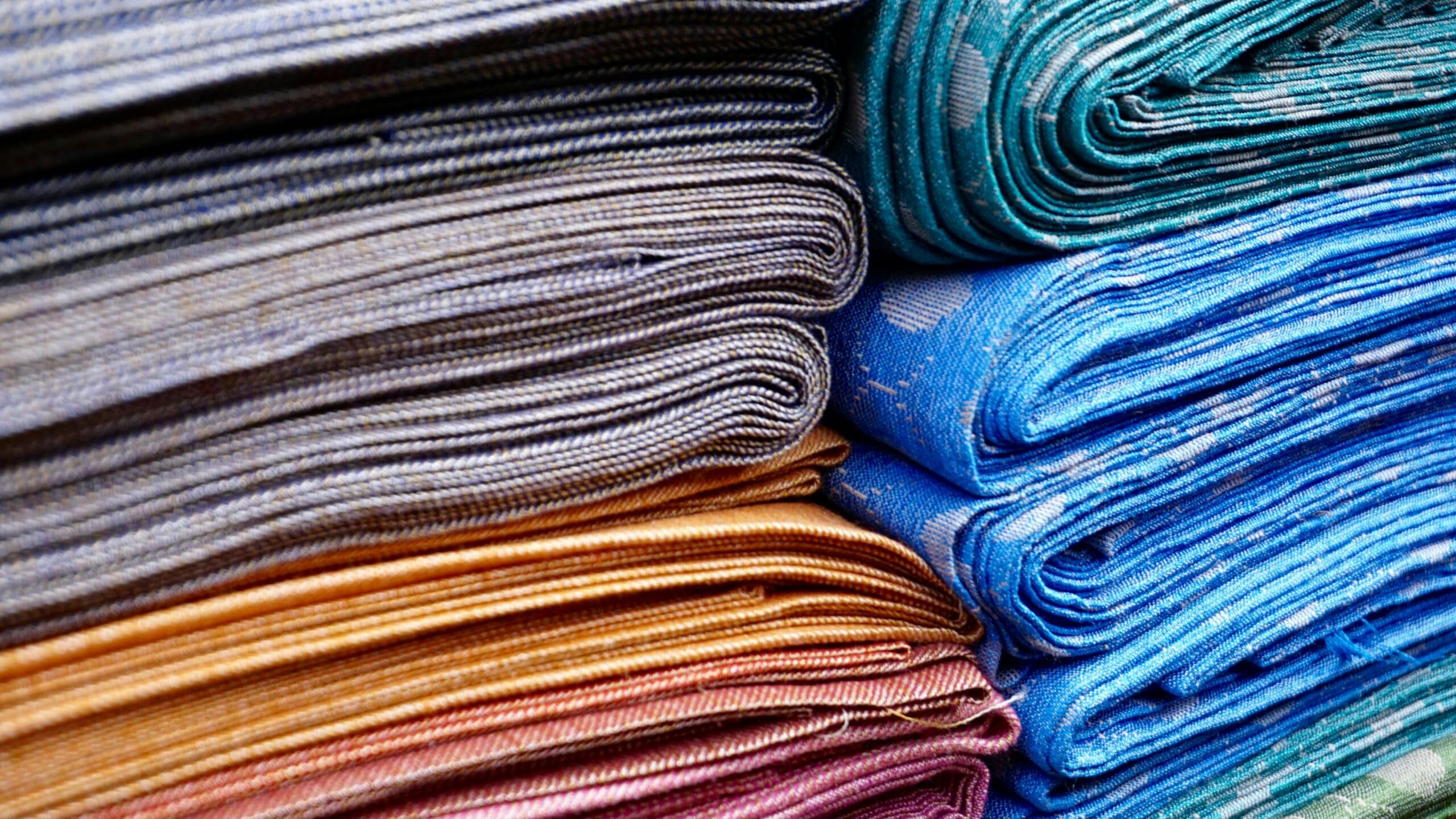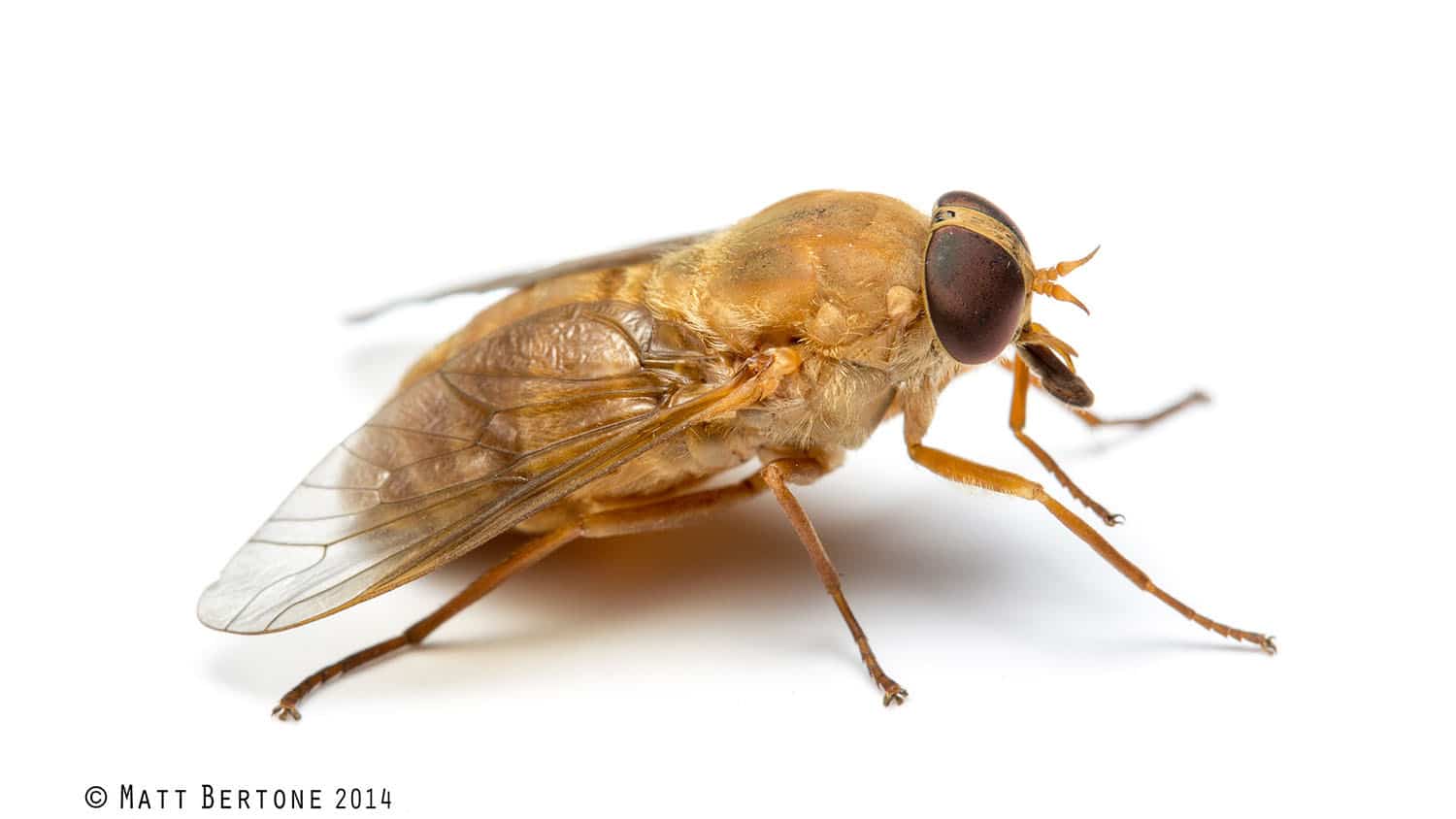Thanksgiving Science: Tryptophacts and Tryptophantasies

I was looking for an excuse to write about Thanksgiving science when a friend posed this question: “Can tryptophan be extracted from a turkey and then be injected directly into a human vein via syringe?” Answer: no. But that raised some other interesting questions, like, what is tryptophan? And if tryptophan doesn’t make us sleepy after Thanksgiving, what does?
Tryptophan is an amino acid. Like all amino acids, it is one of the building blocks of proteins, but it also has some non-protein functions. For example, tryptophan is also used by the body to produce serotonin – a neurotransmitter that is involved in the regulation of sleep, mood and eating behavior. In other words, serotonin can make you sleepy, happy and full. And, the more tryptophan you have in your brain, the more serotonin your body will produce.
However, while conventional wisdom says turkey contains a lot of tryptophan, it actually doesn’t. For example, the protein in a 3-ounce sample of turkey contains about 160 milligrams of tryptophan, while a 3-ounce sample of canned tuna contains 240 milligrams of tryptophan. So why doesn’t tuna make us sleepy?
When you consume protein, your body breaks it down into its constituent amino acids. These amino acids dissipate into the bloodstream, but when they reach the blood-brain barrier they hit a bottleneck – the amino acids have to compete with each other to get through the barrier. Under normal conditions, this competition makes it unlikely that enough extra tryptophan will enter the brain to significantly boost serotonin levels. Is there an exception? Of course!
If you consume a lot of carbohydrates (like mashed potatoes), your body boosts its insulin production. Among other things, insulin selectively removes certain amino acids from the bloodstream – but it doesn’t remove tryptophan. That means tryptophan has less competition from other amino acids, and more tryptophan can get through the blood-brain barrier, making you sleepy.
So is THAT what makes you sleepy after Thanksgiving dinner? The combo of carbs and turkey? Probably not. So what does?
In all likelihood: gluttony. Many people gorge themselves at the Thanksgiving table. During the resultant digestive process, the body diverts as much as 50 percent of its blood to the small intestine, to maximize absorption of calories and nutrients. That means there is less blood available for physical activity. Furthermore, most traditional Thanksgiving meals are high in fat and protein content, which actually slows down the digestive process. So your body is going to be diverting blood to the small intestine for a longer period of time.
So, put down the syringe, pick up a fork, and wow your family and friends with your newfound wisdom. Happy Thanksgiving! [Note: special thanks to Dr. Sarah Ash, a professor of nutrition at NC State, for her patience in explaining much of this to me.]
PS: And here’s another interesting hypothesis, involving melatonin.
- Categories:


